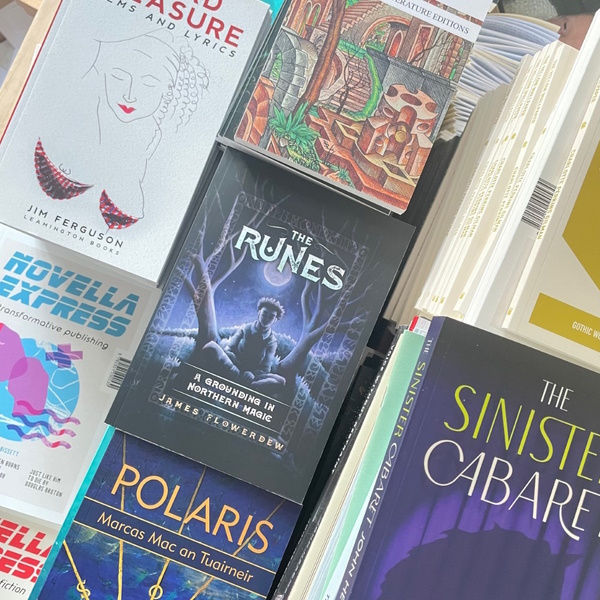What are Publishers Looking For?

What are Publishers Looking For?
by Peter Burnett
It's a good question ― could one size fit all.
Even on general terms, publishers are different. The big business model on most of the imprints at most of the big business publishers is to read the first page and decide on that, based on whether there was somethinginteresting or not about the writer.
That may be depressing if you are a writer seeking to be judged on the merit of your work.
Another question may be around whether a publisher is right for you or not.
At Leamington Books we read manuscripts knowing nothing about the author. Many publishers will want to know if there is anything interesting about the writer.
We encourage people not to be put off if they feel they are from a marginalised or otherwise ignored or under-represented group. It is very much the case that some people are put off. Our submissions towards the beginning of our publishing journey were weighted in favour of middle-aged men. What we took from that was that there are confidence issues among other writers. If for example you are an LGBTQ+ writer or editor you might think it safer, easier or preferable to approach one LGBTQ+ publisher, where you know you are explicitly welcome. Leamington Books is owner-operated by a middle-aged man, and the minimu of reserach for writers submitting to us this was therefore a publisher suited for middle-aged men to approach.
Our own approach at Leamington Books is to mainstream everything, if it could be succinctly put.
We try at one stage also to put the work first. Every time Leamington Books runs a submissions window, the manuscripts are stripped of all identifying text right down to the name of the author, and the texts alone are given to our readers. Why this seems fair is that today, so much of culture and our reception of culture is around these identities. When the book comes out, these identites are important.
But every text we publish has had at least one chance to be judged by its literary merit, and that merit alone; by its story, and its story alone.
Everything follows from that.
